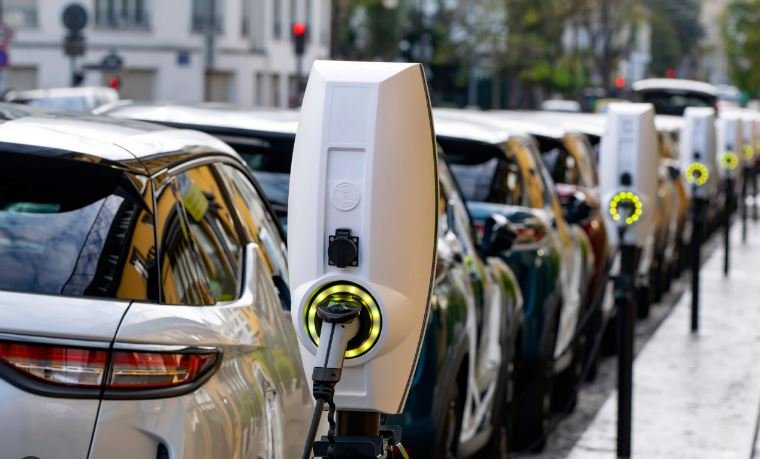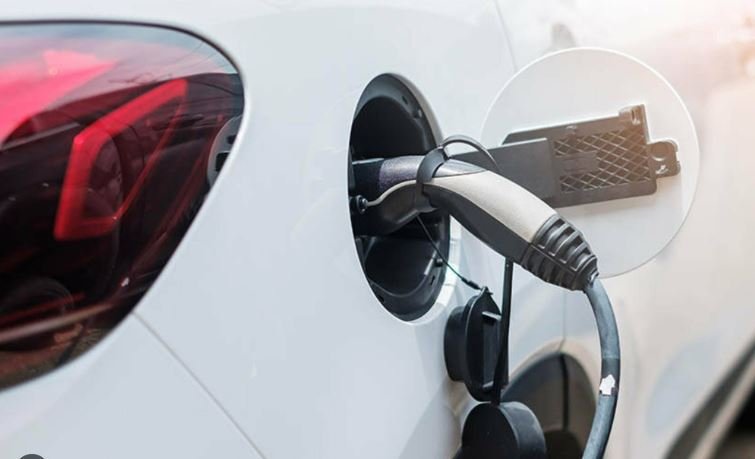The future of car engines lies in hybrid and electric innovations, as they promise to revolutionize the automotive industry. With a growing focus on sustainability and reducing carbon emissions, manufacturers are rapidly shifting away from traditional internal combustion engines (ICE) toward hybrid and electric powertrains. These innovations not only offer a more eco-friendly alternative but also present significant advancements in performance and efficiency. Understanding the potential of hybrid and electric engines is crucial as they will dominate the future of transportation.

The Rise of Hybrid Engines
Hybrid and electric innovations have become more prevalent as consumers demand fuel efficiency and environmental responsibility. These typeof engines which combine an internal combustion engine with an electric motor, are a key step toward fully electric vehicles. Hybrid cars have gained popularity for their ability to reduce fuel consumption without sacrificing performance, making them an attractive choice for drivers who want a balance between traditional and electric power.
- Efficiency and Flexibility: Hybrid engines allow cars to operate on both gasoline and electric power. This system provides flexibility, especially in regions where charging infrastructure for electric vehicles is still developing. By switching between power sources, hybrid engines offer improved fuel economy, especially during city driving where electric motors are more efficient.
- Regenerative Braking: One of the most notable features of hybrid engines is regenerative braking, which recovers energy typically lost during braking and stores it in the battery. This innovation increases the overall efficiency of the vehicle and reduces the need for frequent battery recharges, providing drivers with a more seamless experience.
Electric Innovations Driving the Future
As manufacturers continue to explore hybrid and electric innovations, fully electric vehicles (EVs) have become the centerpiece of this technological shift. Electric vehicles use battery-powered electric motors to replace internal combustion engines, offering a cleaner and quieter alternative. EVs are set to become the dominant force in the automotive industry, with advancements in battery technology and charging infrastructure leading the way.
- Zero Emissions: The biggest advantage of electric vehicles is that they produce zero emissions, making them a vital solution for reducing the environmental impact of transportation. Unlike traditional engines, EVs do not burn fossil fuels, which drastically reduces greenhouse gas emissions and air pollution.
- Enhanced Performance: Electric motors provide instant torque, resulting in faster acceleration and a smoother driving experience compared to internal combustion engines. With fewer moving parts, EVs also require less maintenance, which translates to lower long-term costs for owners.
- Battery Technology Advancements: Battery technology plays a critical role in the future of EVs. Recent developments in lithium-ion batteries have increased driving range and reduced charging times, making electric cars more practical for everyday use. Manufacturers are also exploring solid-state batteries, which promise even greater energy density and faster charging capabilities, further enhancing the appeal of electric vehicles.
The Role of Automakers in the Shift
The transition to hybrid and electric innovations is being driven by major automakers worldwide. Companies like Tesla, Toyota, and General Motors are leading the charge by investing heavily in research and development to produce cutting-edge hybrid and electric vehicles. Governments are also playing a role by implementing stricter emission regulations and offering incentives to encourage the adoption of eco-friendly vehicles.
- Tesla’s Impact: Tesla has been at the forefront of electric vehicle innovation, pushing the boundaries of what EVs can achieve. With impressive driving ranges, fast-charging networks, and advanced autonomous driving features, Tesla has set the standard for the future of electric mobility.
- Traditional Automakers Adapting: Established automakers such as Toyota and General Motors are also embracing the future of car engines. Toyota, a pioneer of hybrid technology with the Prius, continues to develop more efficient hybrids, while General Motors has committed to an all-electric future with plans to phase out gasoline-powered vehicles by 2035.
Conclusion
The future of car engines is undoubtedly shaped by hybrid and electric innovations, which are transforming the way we think about transportation. As automakers continue to improve hybrid technology and electric vehicle capabilities, we can expect to see cleaner, more efficient, and high-performing cars on the road. With advancements in battery technology, performance, and charging infrastructure, hybrid and electric vehicles are set to lead the future of the automotive industry. Embracing these innovations not only benefits the environment but also enhances the overall driving experience for consumers.

